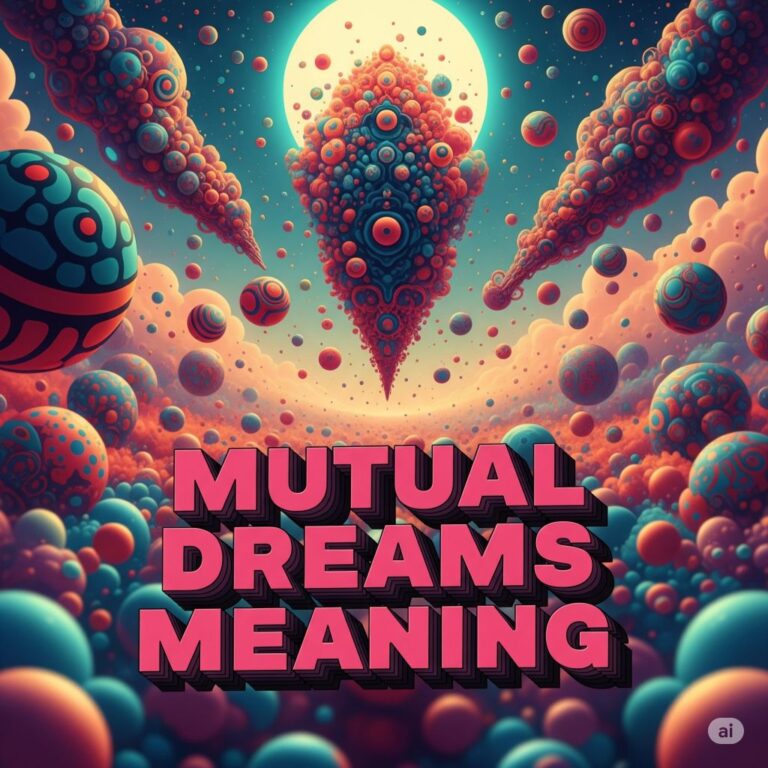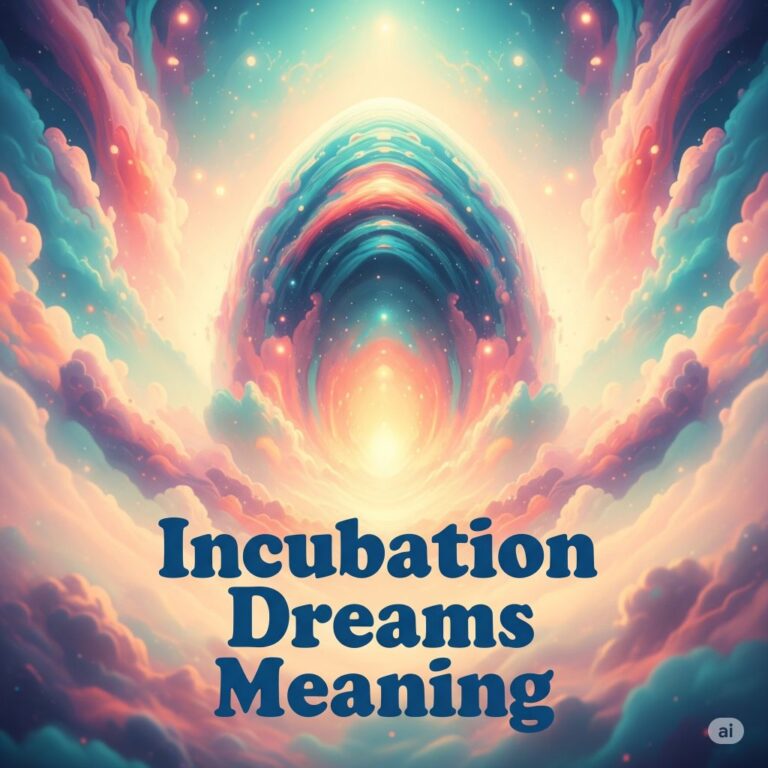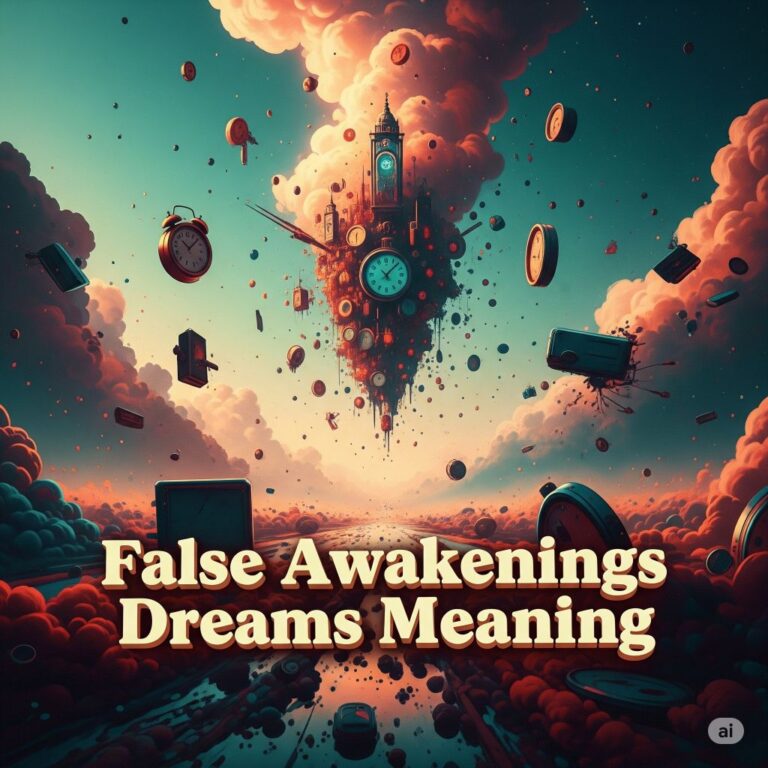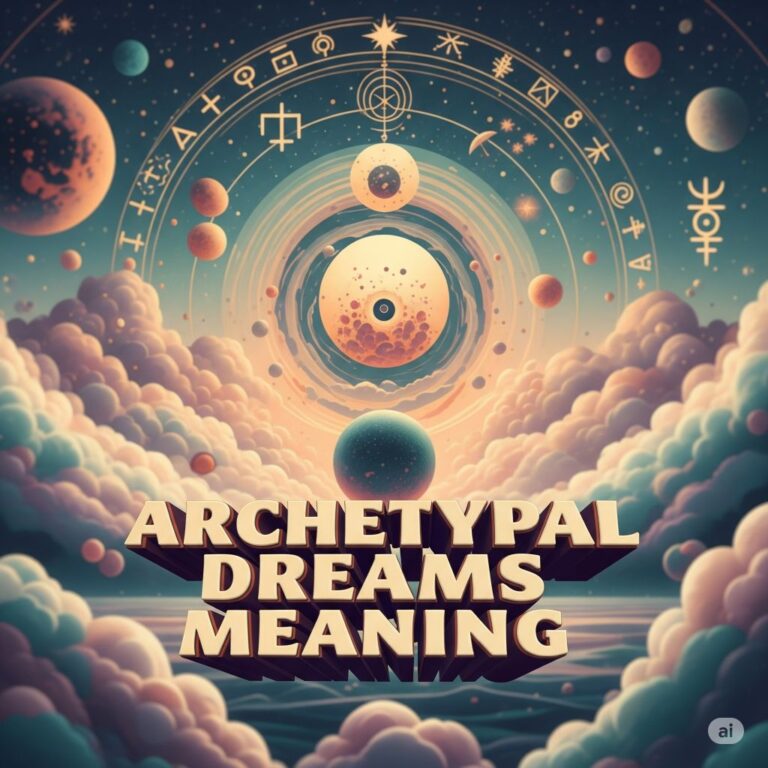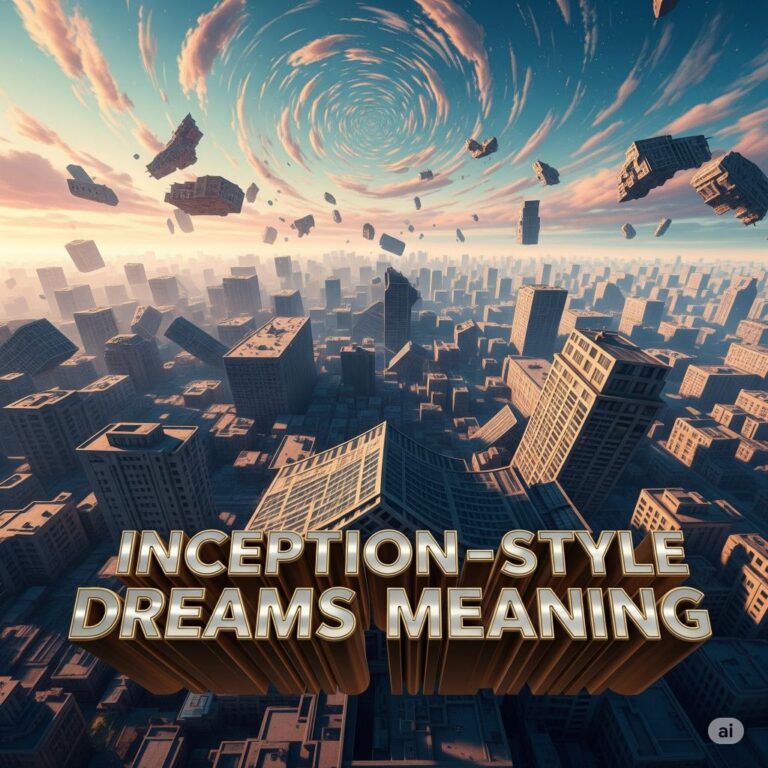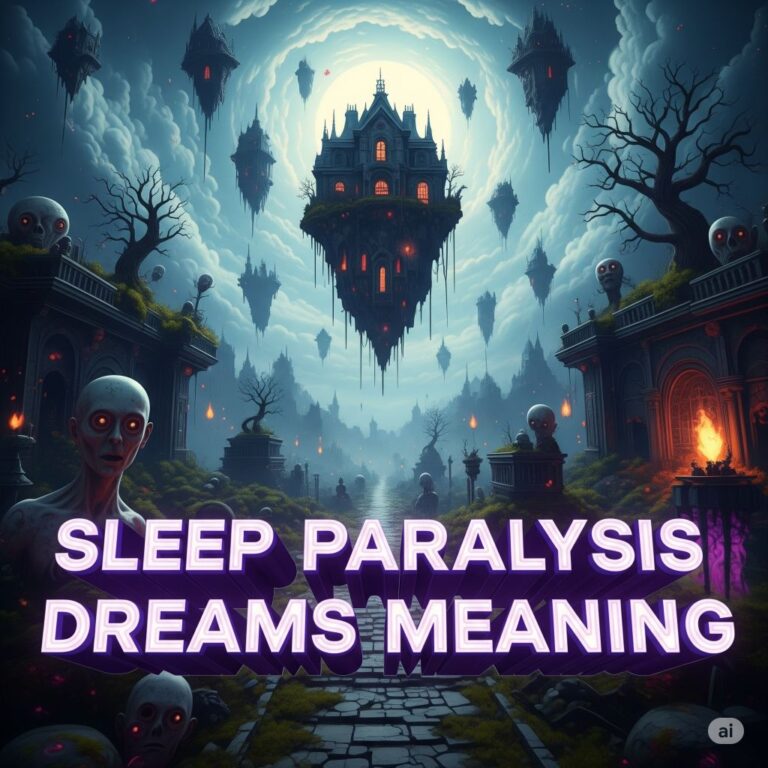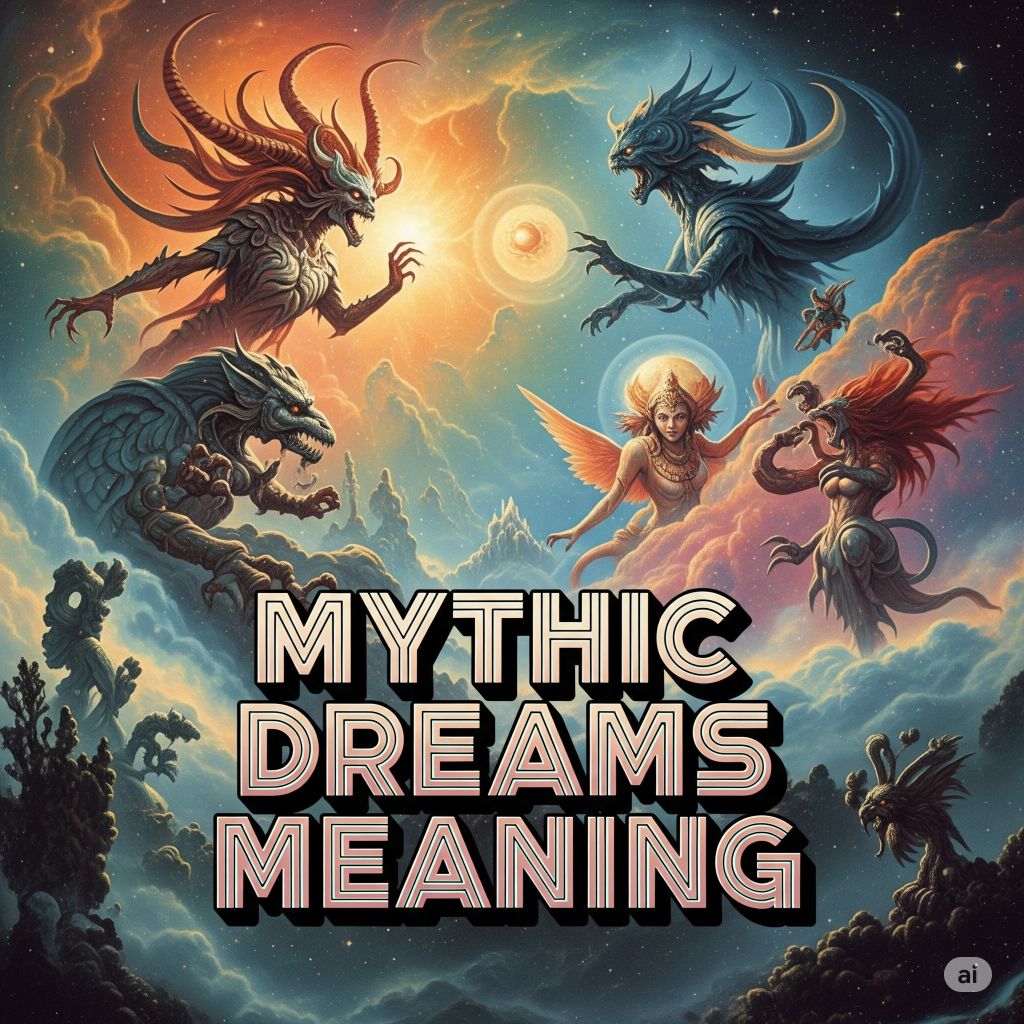
Dreams are often deeply personal, reflecting our daily lives and individual concerns. However, some dreams transcend the mundane, taking on a grander, more archetypal quality. These are mythic dreams—dreams populated by gods, heroes, monsters, ancient landscapes, or epic narratives that resonate with humanity’s oldest stories and symbolic traditions. They feel timeless, universal, and often carry a profound sense of significance, as if touching upon fundamental truths of the human condition.
This article delves into the nature of mythic dreams, exploring their characteristics, psychological and spiritual interpretations, their connection to the collective unconscious, and their role in personal and collective understanding.
What Are Mythic Dreams?
Mythic dreams are dreams whose content echoes the themes, characters, settings, and narratives found in myths, legends, folklore, and religious texts from around the world. They often feature:
- Archetypal Figures: Gods, goddesses, heroes, villains, tricksters, wise old men/women, or divine children.
- Epic Narratives: Journeys, quests, battles between good and evil, creation stories, or tales of death and rebirth.
- Symbolic Landscapes: Sacred mountains, underworlds, enchanted forests, ancient cities, or cosmic realms.
- Universal Themes: Love, sacrifice, betrayal, destiny, redemption, transformation, chaos, and order.
- Profound Emotional Resonance: They often evoke feelings of awe, dread, reverence, or deep significance.
- Timeless Quality: The dream feels as though it exists outside of ordinary time and personal history.
Unlike personal dreams that resolve daily anxieties, mythic dreams often point to deeper existential questions and universal human experiences.
Psychological Perspectives: Carl Jung and the Collective Unconscious
The most influential psychological theory for understanding mythic dreams comes from Carl Jung, the Swiss psychiatrist and founder of analytical psychology.
- The Collective Unconscious:
Jung proposed that beneath the personal unconscious (which holds forgotten or repressed individual experiences) lies a deeper, shared layer called the collective unconscious. This collective unconscious is inherited, universal, and contains archetypes. - Archetypes:
Archetypes are universal, primordial images and patterns of thought that reside in the collective unconscious. They are not specific images themselves, but rather predispositions to form certain images, symbols, and narratives in response to universal human experiences. Examples include:- The Hero: Represents the journey of individuation, overcoming obstacles.
- The Shadow: Represents the unacknowledged or repressed aspects of the self.
- The Anima/Animus: Represents the unconscious feminine/masculine qualities within an individual.
- The Great Mother/Father: Represents nurturing/authority figures.
- The Trickster: Represents disruption of norms, change, and humor.
- Mythic Dreams as Manifestations of Archetypes:
According to Jung, mythic dreams are the direct manifestation of these archetypes from the collective unconscious. They appear when an individual is undergoing significant psychological change, facing a universal life stage (e.g., birth, death, marriage, career change), or grappling with existential questions. The dream provides symbolic guidance for navigating these deeper psychological waters.
Spiritual and Philosophical Interpretations
Beyond psychology, mythic dreams often hold profound spiritual and philosophical meanings.
- Connection to Universal Truths:
Many spiritual traditions view myths as sacred narratives that convey universal truths about the human condition, the nature of reality, and the cosmos. Mythic dreams, then, can be seen as the individual’s direct experience of these truths, bypassing rational thought. - Divine Communication:
In some spiritual belief systems, mythic dreams are interpreted as direct communication from deities, ancestral spirits, or the collective consciousness, offering insights, warnings, or blessings. - Initiation and Transformation:
Mythic dreams often feature symbolic death and rebirth, heroic struggles, or profound encounters that mirror initiation rites found in ancient mystery traditions. They can signify a profound personal transformation or spiritual awakening. - Collective Wisdom:
These dreams might be tapping into a shared pool of human experience and wisdom accumulated over millennia, offering guidance that transcends individual knowledge.
Cultural Context and Cross-Cultural Similarities
Mythic dreams demonstrate remarkable cross-cultural similarities in their themes and symbolism, supporting the idea of a universal layer of consciousness.
- Global Mythology: The “Hero’s Journey” archetype, articulated by Joseph Campbell, is found in myths worldwide, from ancient Sumerian epics to Native American tales. When a dreamer experiences a personal version of this journey, it resonates with millennia of human narrative.
- Religious Iconography: Dreams featuring figures like angels, demons, divine beings, or sacred animals often draw from established religious iconography relevant to the dreamer’s cultural background or personal exposure.
- Dream Incubation: In many ancient cultures (e.g., Greek, Egyptian), dream incubation (sleeping in sacred places or performing rituals to invite specific dreams) was practiced to receive mythic or divine guidance.
Why Do We Have Mythic Dreams?
Mythic dreams often arise during periods of:
- Major Life Transitions: Beginning a new phase, ending a relationship, career changes, or facing a significant loss.
- Spiritual Crises or Awakenings: A search for meaning, questioning one’s purpose, or intense spiritual practice.
- Creative Blockage/Breakthrough: They can be a source of profound artistic inspiration, unlocking creative potential.
- Deep Personal Work: When engaging in therapy, self-exploration, or shadow work.
- Collective Unrest: During times of societal upheaval or global crisis, individuals may experience dreams reflecting collective anxiety or the search for universal solutions.
Interpreting Mythic Dreams
Interpreting mythic dreams requires moving beyond literal meaning and embracing their symbolic nature.
- Identify Archetypes: Who are the characters? Do they represent aspects of your personality (e.g., your inner hero, your suppressed shadow)?
- Analyze the Narrative: What is the story? Is it a quest, a battle, a union, a creation? How does it parallel your current life situation?
- Explore Emotions: What emotions are present in the dream? These often point to the core issue being addressed.
- Connect to Personal Context: How do the universal themes and archetypes relate to your unique challenges, relationships, and aspirations?
- Research Mythology: Familiarize yourself with myths, folklore, and religious stories. The more you know, the more connections you might see in your dreams.
Conclusion
Mythic dreams are powerful, resonant experiences that transport the dreamer beyond the confines of their individual life into the vast, shared realm of human consciousness. Rooted in universal archetypes and reflecting humanity’s oldest narratives, they offer profound insights into psychological development, spiritual growth, and the timeless questions of existence.
Whether seen as manifestations of the collective unconscious, divine communications, or simply the brain’s creative capacity for profound storytelling, mythic dreams invite us to engage with the deeper currents of our being. By paying attention to these grand narratives within, we can unlock greater self-understanding, navigate life’s challenges with ancient wisdom, and connect with the rich tapestry of human experience that binds us all.

